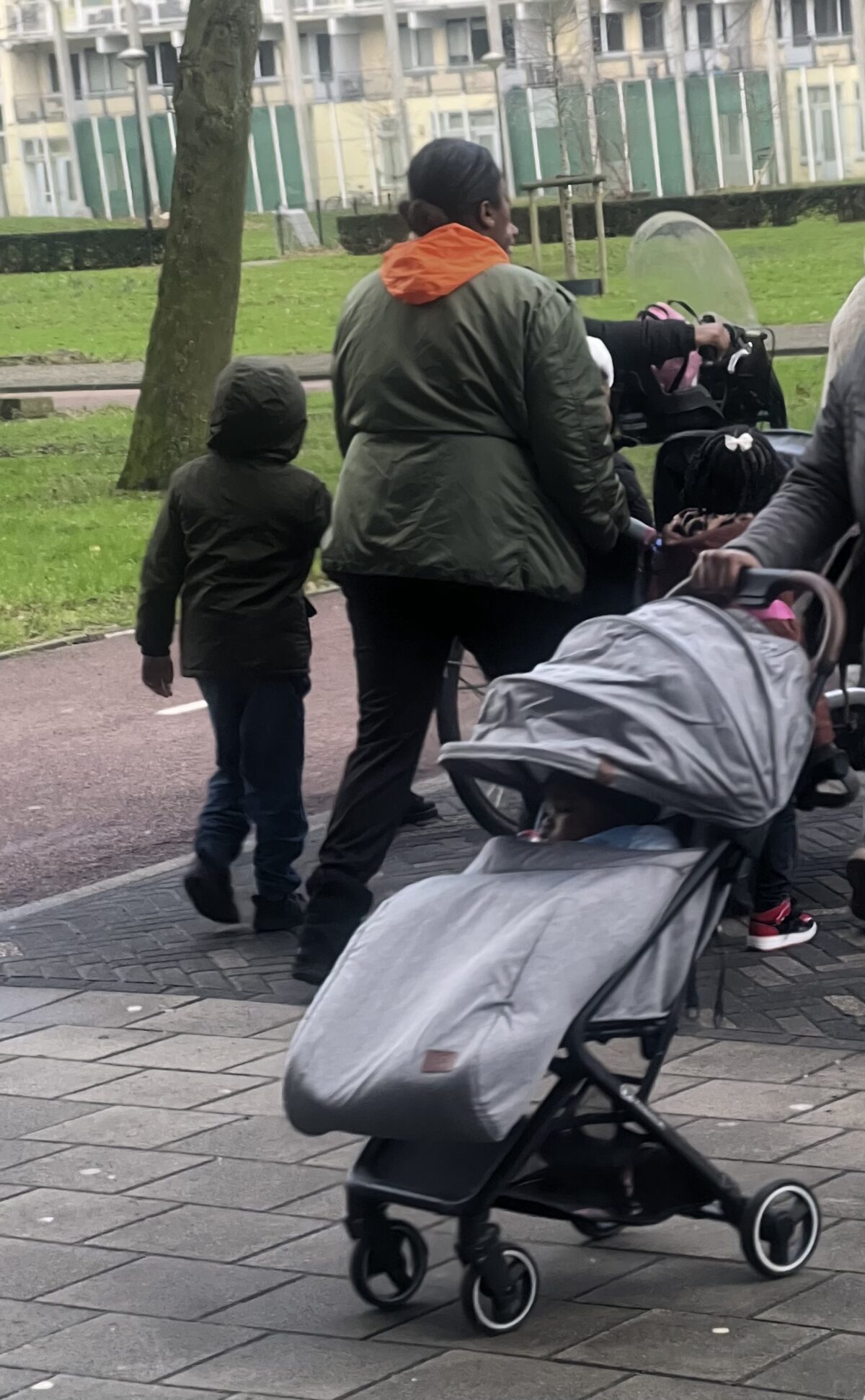Migrant women support center plays a crucial role in advocating for the right sand welfare of migrant women in various aspects of their lives, including legal matters and social services. Collaborating with child protection services can be a strategic approach to address the specific needs and challenges faced by migrant women, particularly those involving family and children. Here’ show the support center might work with child protection services to settle cases involving migrant women:
1.Case Assessment: The support center conducts an initial assessment of the migrant woman’s case to under stand the circumstances and any potential risks to her and her children. This may involve gathering information about the family’s background, immigration status, housing situation, and any concerns related to child welfare.
2.Legal Guidance: The support center provides legal guidance and assistance to the migrant woman regarding her right sand options within the child protection system. This includes explaining relevant laws and regulations, assisting with paper work, and advising on how to navigate the legal process effectively.
3.Advocacy and Representation: The support center advocates on behalf of the migrant woman to ensure that her voice is heard and her rights are protected with in the child protection system. This may involve accompanying her to meetings with child protection authorities, representing her interests in court proceedings, and advocating for culturally sensitive and appropriate services.
4.Cultural Mediation:Recognizing the cultural and linguistic barriers that migrant women may face when interacting with child protection services, the support center provides cultural mediation services to facilitate communication and understanding between
all parties involved. This can help ensure that cultural differences are respected and addressed appropriately in there solution of the case.
5.Collaboration and Referrals: The support center collaborates closely with child protection services and other relevant agencies to coordinate services and resources for the migrant woman and her family. This may include referrals to counseling, housing assistance, legal aid, language classes, and other support services to address their needs comprehensively.
6.Empowerment and Support:Through out the process, the support center empowers the migrant woman to actively participate in decision-making regarding her case and the well-being of her children. This may involve providing emotional support, building her confidence, and equipping her with the knowledge and skills to advocate for herself and her family effectively.
By working collaboratively with child protection services, the Migrant Women Support Center can help ensure that migrant women and their families receive the support and assistance they need to address challenges and achieve positive outcomes in their lives.









